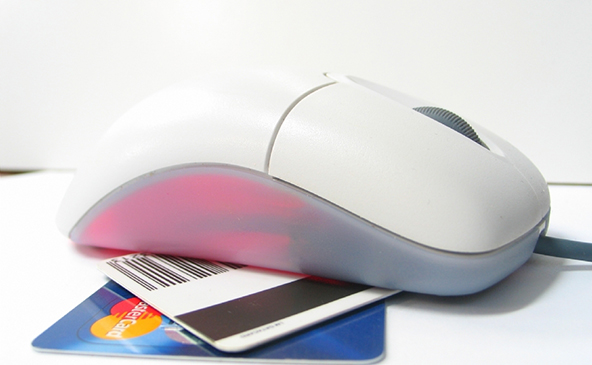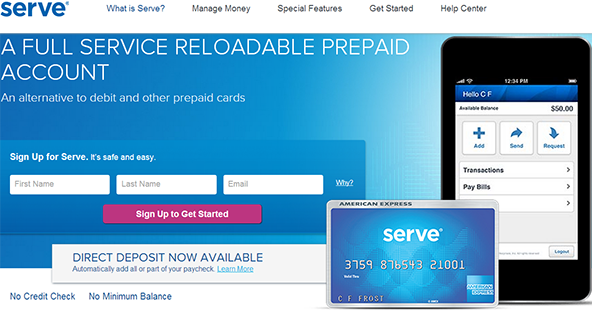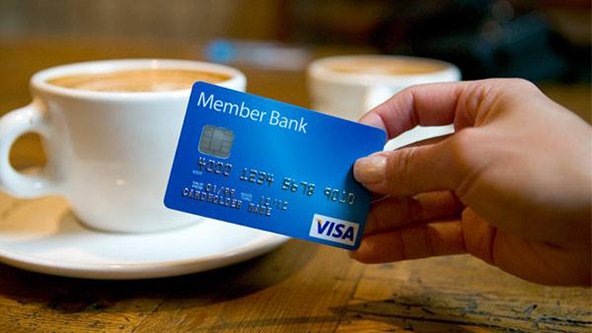How We Work with High-Risk Merchants

Last week I offered a guide to how merchants should cope with a termination of their merchant account and what they should do to increase their chances of replacing it with a new one. In it, I mostly tried to highlight the importance of being completely honest and straightforward about your situation with the new processors to whom you are reaching out and of promptly following up on their requests during the application process. While it is true that, if you can’t get a handle of your chargebacks, ultimately nothing can help you secure a merchant account for the long run, if you can do a good job in managing your sales process and do follow my suggestions, you should have few reasons to worry about the payment processing part of the puzzle.
Helpful though my suggestions might have been, they were also by necessity quite general, as I wanted to give you a guide that could be useful when applying with any processor. So this morning I decided to go into more specifics and focus my attention on the way new merchant inquiries and applications are handled here at UniBul. It is the first time we have shared the inner workings of our company with the rest of the world and I thought it was way overdue. Still, better late than never.
What Is High-Risk?
Before I begin, I need to define this term. We say on our website and blog that we specialize in working with high-risk merchants and we do, but what exactly does that mean? To answer this question, let’s begin by explaining “high-risk” in general and then identify the segments within it, in which we are interested.
Well, a good starting point in defining the term would be the fairly extensive — though far from comprehensive — list of high-risk industries, which we have offered here. But such a list, even if expanded to include all high-risk industries, is quite insufficient. To begin with, every business whose merchant account has been terminated is automatically seen as high-risk, regardless of the industry in which it operates. That is easy to understand: the merchant hasn’t proved that they can manage a merchant account; if anything, they have proved the opposite. Moreover, any merchant making large-ticket sales is considered high-risk, regardless of what they sell, simply because the higher the sales amount, the greater the probability of chargeback issues. Furthermore, merchants operating in a number of countries around the world are by default seen as unacceptably high-risk or, which happens more often, as very high-risk, again regardless of what it is they sell. The reasons for that are known to most of you. Further complicating matters is the fact that many new businesses will be classified as high-risk even if they don’t necessarily fit such a description. The reason is that such businesses haven’t yet proved that they can manage a merchant account in a responsible manner.
Who Do We Work With?
OK, now I can move on to the question of what we look for in a new applicant here at UniBul. For the sake of simplicity, I will divide all high-risk applicants into two groups: new merchants and experienced ones. Let’s take a look at each one of them.
New merchants. As I already noted, what makes applicants without prior processing history especially challenging to work with is the fact that they haven’t yet proved to be capable of managing a merchant account. And it is difficult to overestimate the importance of experience. Now, if you’ve just opened up a new convenience store and needed a merchant account for it, no processor is likely to give much consideration to your payment processing experience, or lack thereof. However, things change quickly when we focus our attention on the card-not-present part of the merchant spectrum, in which we at UniBul are interested.
So, with that in mind, here is a short list of what we look for in a new merchant:
- U.S.-based. Experience has taught us that, when it comes to new businesses, it only makes sense for us to focus on domestic merchants. It is a numbers game and, even though your business may be perfectly legitimate and very promising, if it is not U.S.-based, there is an overwhelming chance that it would not be worth our effort. Sorry.
- Proper documentation. It is critical that you have all of the registrations, permits and licenses that you might need and we will ask for them all. We will not proceed with the application, until and unless we obtain them.
- Technical preparedness. If you will be operating an e-commerce business, your website will have to be fully developed and complying with all e-commerce requirements. In other words, at the time you contact us, you will need to be ready to go.
- Sufficient promise. Our target client is a high-volume business or non-profit. We provide high-end service and low-volume businesses are just not profitable enough to justify the ongoing investment of resources. And the thing is that a low-volume merchant account needs just as much maintenance as a high-volume one. So what is the threshold? It is difficult to say, and it is decided on an individual basis, but it is certainly in the tens of thousands of dollars in monthly volume.
Once we are ready to proceed with the application, we will first attempt to set up an account for your business with a domestic acquiring bank, which would give you the best possible terms. If that is not an option — that is to say if your business is too high-risk — we will look for an acquirer abroad.
Merchants with payment processing experience. Here is where things get interesting and the application process can take one of several different routes. Here is what we would be looking at when examining such an applicant:
- Reason a new account is needed. This will be the very first piece of information that will need to be provided. There are two possibilities: either your previous account was terminated or you are looking for a supplementary account, for reasons of your own. These two possibilities need to be examined separately.
- Terminated account. If your previous account was terminated, we will need to know why and it is critically important that you are completely straightforward with us. Keep in mind that, provided you can comply with our other requirements, we would most likely be able to work with you, regardless of the reasons for the termination. However, setting up an account for a merchant which has just been placed on the Terminated Merchant File (TMF) list is a completely different kind of thing from setting one up for a merchant which was dropped because its processor decided that it no longer feels like processing for such kind of businesses. So just tell us exactly what happened and let us do our job. Again, as previously noted, during the application process we will eventually find out the reason through other channels, but sending us in the wrong direction will not be doing anyone any favors, to say the least.
- Supplementary account. If you are looking for an additional account, to be used concurrently with your existing one, we will need to establish whether or not our account would be generating enough volume to justify the effort. Again, you will need to be completely honest with us regarding your intentions, as even if we do go forward and set up the account for you, if you can’t then generate the minimum volume we need, we would close it down. Such an outcome would not be beneficial for you, as it would look suspicious to subsequent processors you might approach.
- Processing statements. Once we’ve established the reasons you need a new merchant account and before we go any further, we will need to see your latest processing statements. In there, we will primarily be focusing on four things:
- Processing volumes. As already noted several times, we need to be sure that the effort is worth it.
- Growth rate. We need to know whether your processing volumes are growing, declining or stagnant. Needless to say, if they are growing, we will be happy to work with you, even if the starting point is somewhat lower than we might typically like it to be.
- Chargeback rate. This one will have to be under control. If you have been in business for some time and have not found a way to manage chargebacks, you have a problem. If we determine that it could be a manageable one, we would try and help you to bring chargebacks down. If, however, the rate is too high, we may decide that the situation is hopeless.
- Rate of declined transactions. This is a great indicator for the overall health of your business.
- Documentation. Once we’ve gone through the reasons why you are looking for a new merchant account and have examined your processing statements, we will ask you to provide the necessary paperwork. This will include things you should have readily available, as your previous processor would have already asked you for them when they were working on your application: articles of incorporation, licenses, utility bills, etc. It goes without saying that an application form would also be requested.
- Additional paperwork. It is a virtual certainty that during the application process you will be asked to provide additional documentation and will probably be asked for an explanation on some issue or other. Be ready and follow up promptly.
Now, you may have noticed that we have no requirement for a merchant with previous processing experience to be U.S.-based. Yes, we do love working with international businesses. All we ask for is listed above and if we like what we see, we will do our best — and that is usually enough — to find a solution for you.
The Takeaway
I can’t emphasize enough just how important it is that you are honest and straightforward with us before and during the application process and, for that matter, after your merchant account is up and running. Setting up a high-risk merchant account is complicated enough as it is and we need all the help we can get to find a solution you will be happy with. And that is what you need, isn’t it?
Image credit: Ullmax.is.



Thanks for the detailed explanation and I’ll give you guys a try. I’ve been through my share of offshore/high-risk processors and it’s a tough business to be in. I can only hope that you can do better.